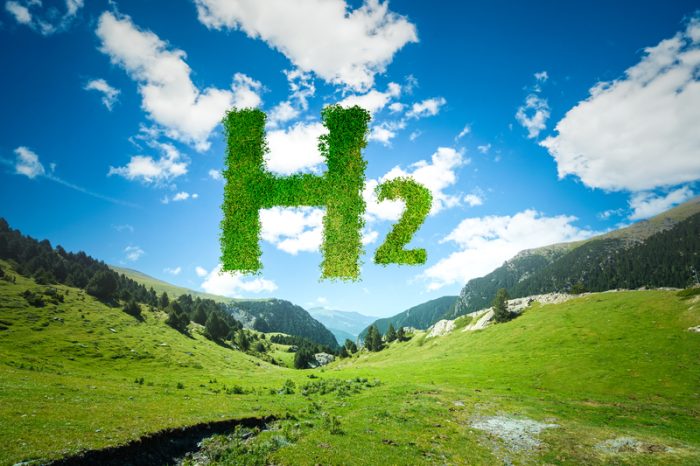La Française d’Énergie (FDE) discovered a large deposit of natural hydrogen, igniting hopes that it could be a game changer in Europe’s energy transition.
For years, researchers and businesses in the private sector have been looking for rare natural hydrogen, otherwise known as native or white hydrogen, due to its potential as a clean and renewable energy source, according to Euractiv.com.
“If confirmed, this would be the largest potential natural hydrogen discovered to date in Europe,” Philippe de Donato, co-director of research at the GeoRessouces laboratory at the University of Lorraine, told France 3 Grand-Est.
Indeed, it is believed that the Lorraine basin could contain 46 million tonnes of natural hydrogen – equivalent to half the world’s current hydrogen production – and enough to contribute to the EU’s decarbonisation objectives significantly.
Natural hydrogen is naturally present in the Earth’s crust and mantle, explains Isabelle Moretti, a researcher at the University of Pau and the Pays de l’Adour. It can be found in several places: “at ocean ridges, in the mountains with ophiolites, remnants of ancient oceanic rocks, but also in iron-rich rocks,” she said in an interview with L’Usine Nouvelle in June 2021.
The resource, which can be harnessed when it degases on the earth’s surface or when extracted with boreholes, has been on scientists’ radars for some time. But a broader interest in the resource arose as world nations sought to replace fossil gas with a clean-burning fuel.
Unlike hydrogen produced from natural gas or electrolysis, its natural counterpart requires no water and little energy to extract while taking up very little land.
In addition, its production is not subject to periods of instability and is even renewable, provided that “we adapt the rate of extraction to the rate of generation, as we do with hot water vapour in geothermal energy,” Moretti added.
Indeed, the Earth continuously produces natural hydrogen through chemical reactions that are mainly related to oxidation of ferrous iron minerals.
All these advantages make natural hydrogen a much cheaper resource than hydrogen produced from electrolysis. The price of natural hydrogen is estimated at €1 per kilo, while renewable hydrogen currently reaches €6, according to a position paper published in February at the request of the European Commission by the Earth2 initiative, a French body bringing together industry and research groups.
All these arguments mean that “this would be the lowest-carbon and cheapest hydrogen in the world,” said Mikaa Mered, a hydrogen specialist and professor at Science-Po Paris who sits on the expert committee of the Forum Hydrogen Business for Climate conference in France.
What’s more, natural hydrogen resources generated on Earth are plentiful, says Nicolas Pélissier, chairman of French start-up 45-8 Energy, which specialises in helium and natural hydrogen.
According to his estimates, these would be greater than the 90 million tonnes of hydrogen currently produced worldwide.
